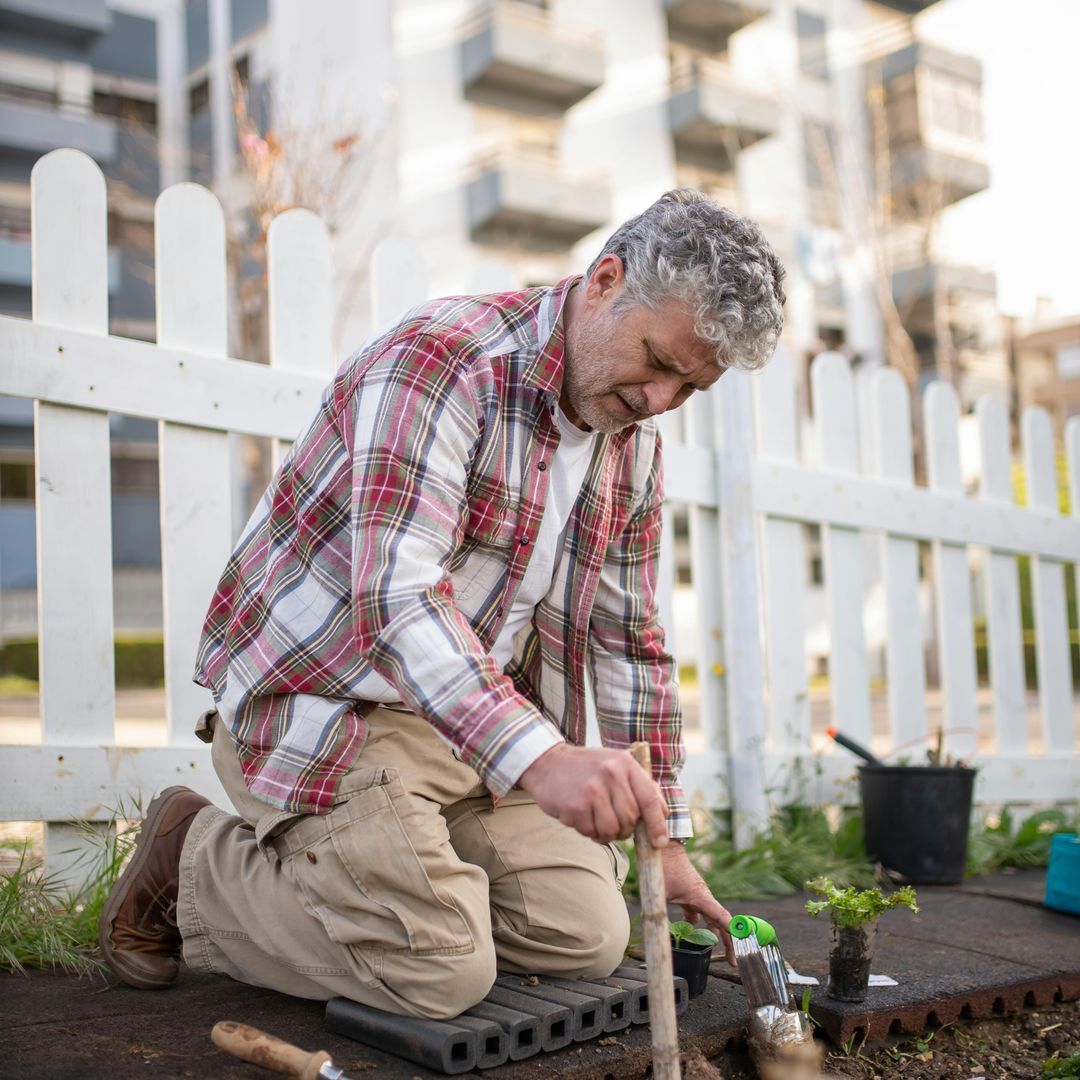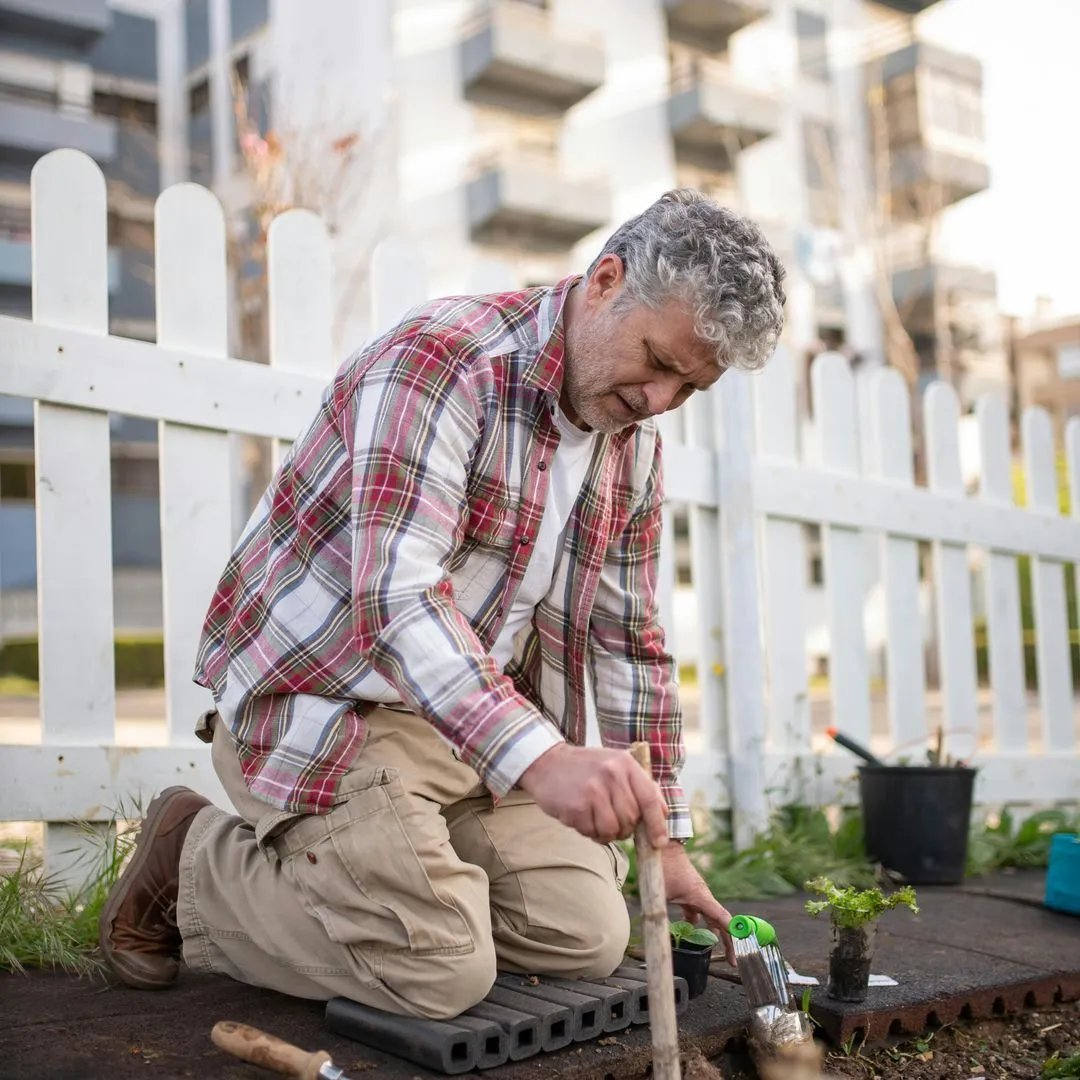Urban gardens in Italy

In recent years, urban gardens in Italy have seen significant growth, transforming city spaces into green areas dedicated to cultivation and socialization. These initiatives not only promote environmental sustainability, but also strengthen the social fabric of local communities. These green spaces offer numerous opportunities to strengthen social bonds and promote inclusion.
Intergenerational integration
Urban gardens foster interaction between different generations. Elderly people, with their agricultural experience, pass on valuable knowledge to younger people, creating a continuous and enriching dialogue. This intergenerational exchange helps keep local agricultural traditions and practices alive. These spaces become meeting places for people from different cultural and social backgrounds. Collaboration in gardening facilitates mutual understanding and integration, reducing social and cultural barriers. Urban gardens offer opportunities for hands-on learning. Through workshops and training activities, participants acquire skills in sustainable agriculture, natural resource management and healthy eating. These spaces become real centers of environmental and food education.
epale.ec.europa.euUrban Gardens in Italy
The practice of urban gardens in Italy has historical roots, but it is in recent decades that it has taken on a more structured dimension. According to ISTAT data, in the last five years the urban gardens made available by local authorities in cities have recorded a growth of over 18%, exceeding 2.1 million square meters of occupied urban space. Urban gardens in Italy are green spaces within cities intended for the cultivation of vegetables, fruit and aromatic plants, managed by citizens, associations or local authorities. These gardens promote environmental sustainability, social cohesion and urban regeneration, offering opportunities for socialization and environmental education. In cities such as Turin, Milan, Bologna, Florence, Rome, Naples and Palermo, there are numerous projects that transform unused areas into places of aggregation and agricultural production, contributing to improving the quality of urban life.
am.pictet.comTurin
In Turin, the “OrtiAlti” initiative transforms rooftops into urban gardens, creating green spaces accessible to residents and promoting environmental sustainability. A significant example is the “OrtoAlto Ozanam”, located on the roof of Casa Ozanam, a former factory converted into a community center. This rooftop garden not only produces fresh vegetables, but also serves as an educational and social space for the local community. In addition, the “ORME – Orti Metropolitani Torinesi” project coordinates a network of urban gardens that, in addition to cultivation, offer environmental education, horticultural therapy, beekeeping and social inclusion activities.
ortialti.comMilan
Milan is one of the most active Italian cities in the field of urban gardens. The “Parco di Via Barrella” in the Certosa district offers over 6,000 m² of green areas, shared gardens and spaces for social inclusion, representing a model of sustainable urban regeneration. Another example is the “Giardino degli Aromi”, located in the park of the former Paolo Pini psychiatric hospital in Affori. This social reintegration project involves disadvantaged people in the cultivation of aromatic and medicinal plants, offering training and inclusion opportunities.
www.casafacile.itRome
Rome boasts over 150 urban gardens and shared gardens, mapped by the association “Zappata Romana”. Among these, the “Parco Ort9-Sergio Albani Casal Brunori” is an urban garden project started and managed by the association “Vivere In…Onlus” in Municipio IX, which promotes social cohesion and environmental sustainability. Another example is the “Coordinamento Orti Urbani Garbatella”, which manages a reclaimed area near the very busy via Cristoforo Colombo, using the plots to grow zero-mile agricultural products.

gourmet
Data di inserimento 05 nov 2024
Report article


Comments
There are no comments yet.